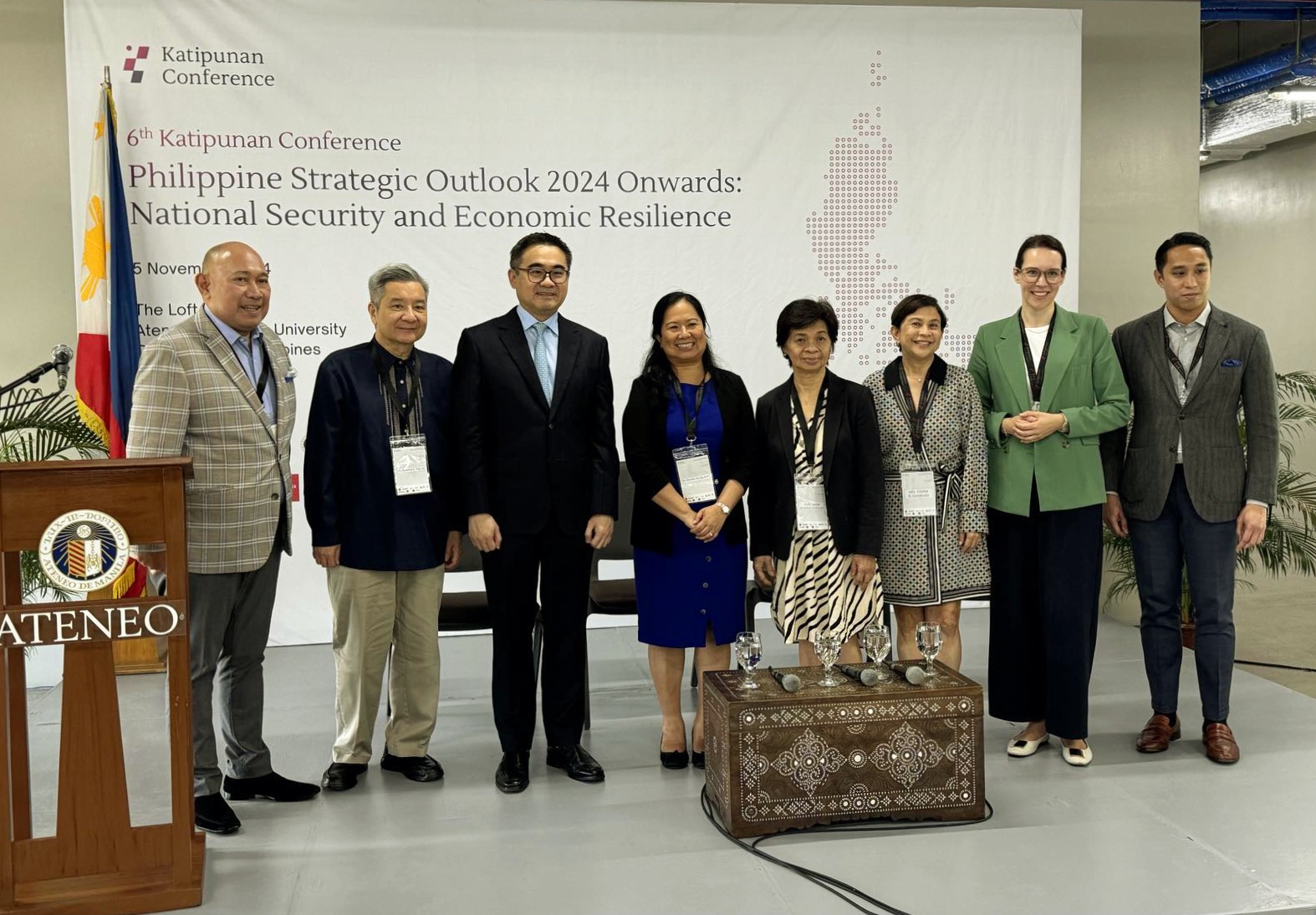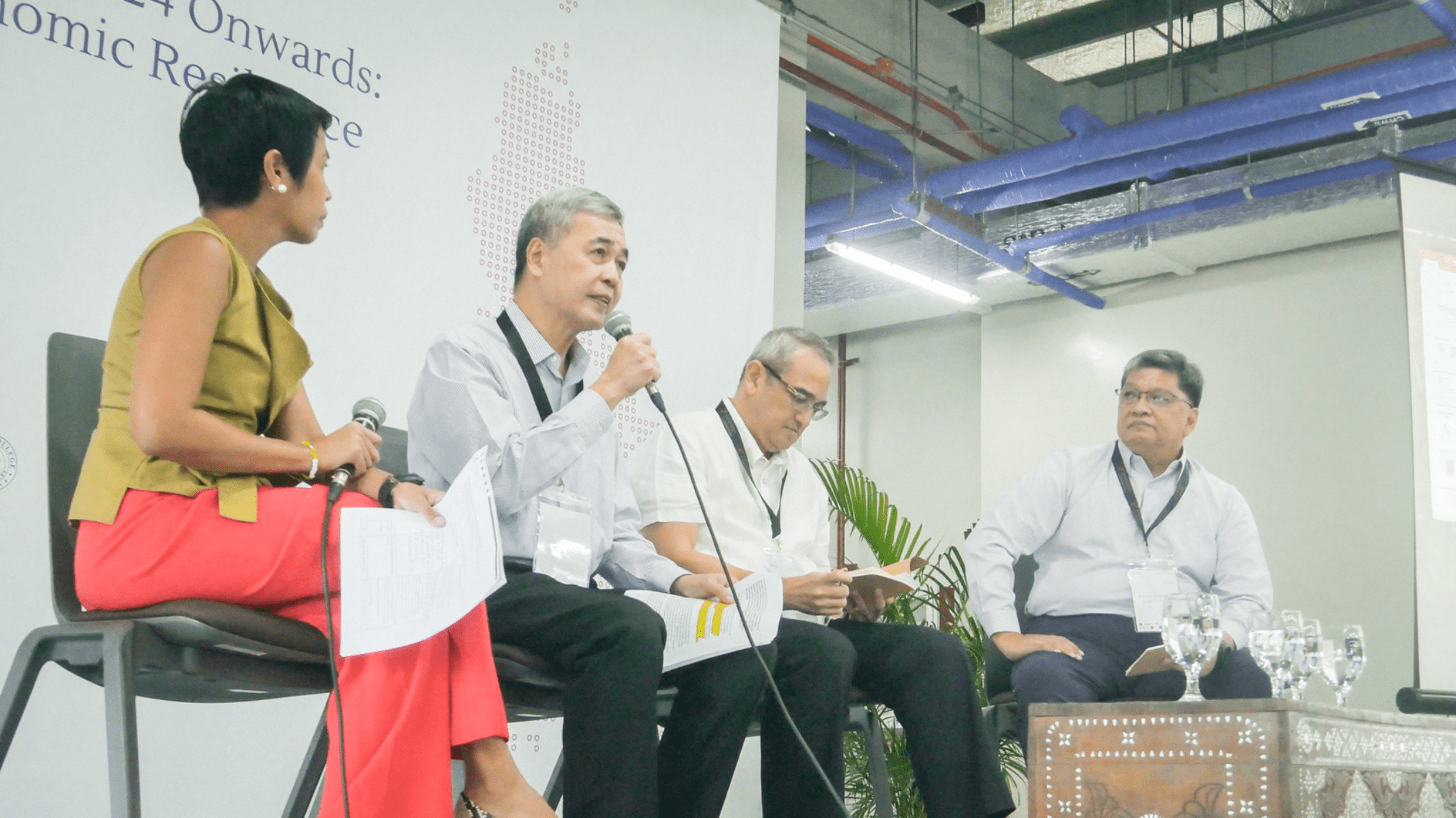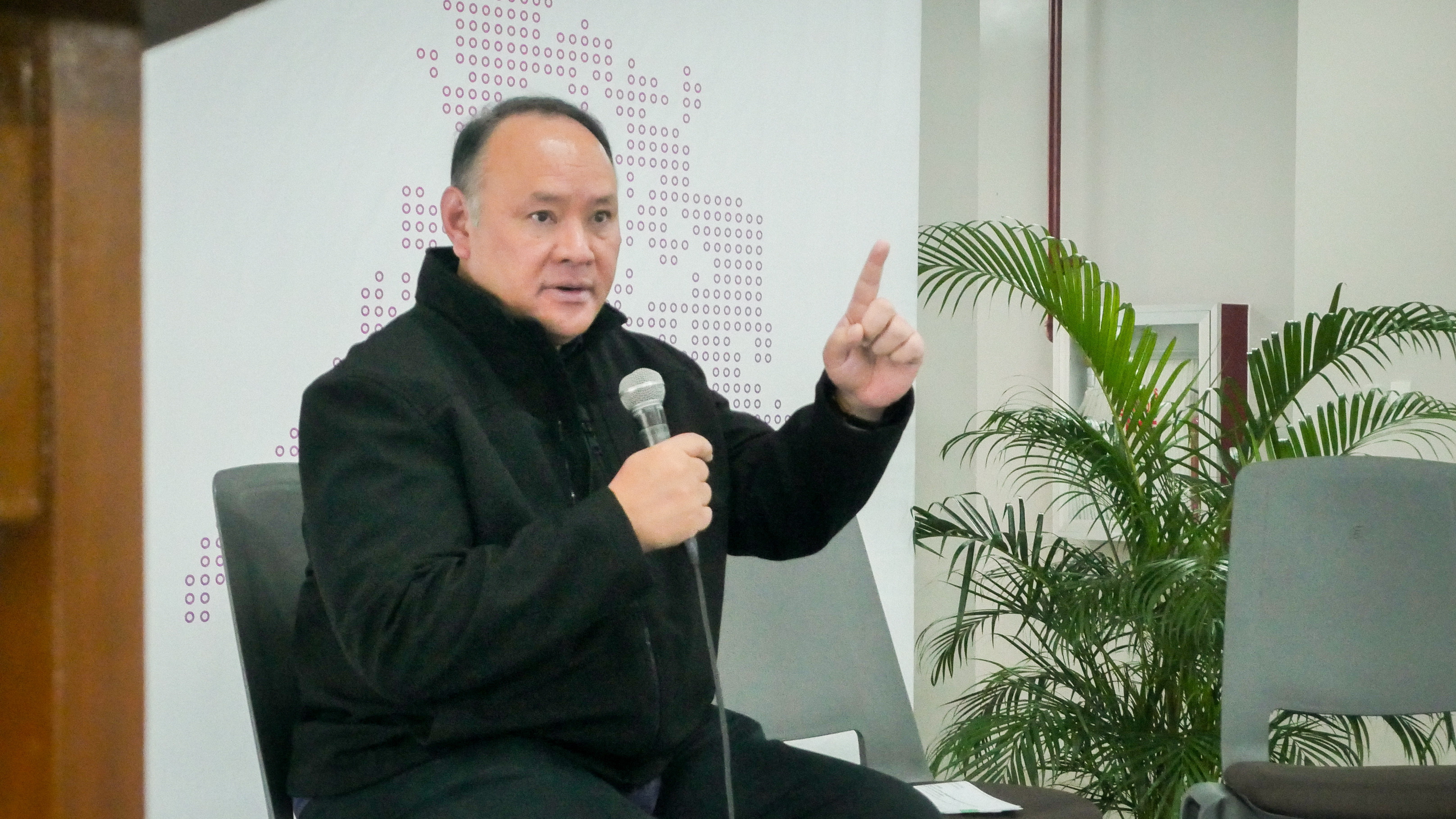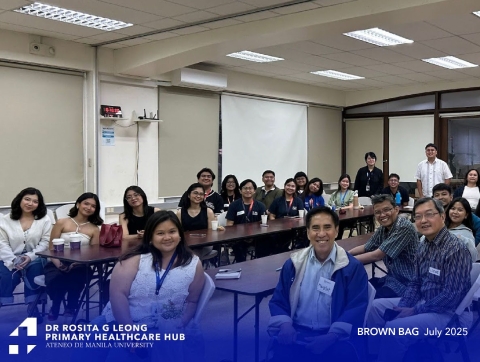Ateneo Policy Center co-organizes the 6th Katipunan Conference on Economic Resilience and National Security
15 Jan 2025
Last 5 November 2024, the 6th Katipunan Conference was held at Areté, Ateneo de Manila University with the theme “Philippine Strategic Outlook 2024 Onwards: National Security and Economic Resilience.” The event is co-organized by the Ateneo School of Government through the Ateneo Policy Center (APC), the UP Center for Integrative and Development Studies (UP CIDS), and Miriam College with the support of KAS Philippines, the Harvard Kennedy School Alumni Association of the Philippines, Stratbase ADR Institute, and the WR Advisory Group, reflecting a joint commitment to foster a dialogue that harmonizes academic discipline with strategic policymaking in the country.
The event opened with keynote addresses from distinguished figures in the Philippine security and economic development sectors. Secretary Frederick Go of the Office of the Special Assistant to the President for Investment and Economic Affairs presented the country’s efforts to sustain upward economic mobility. Sec Go emphasized the importance of self-sufficiency for security, and welcomed investments focused on clean energy, food, and water. According to him, the current framework for foreign direct investments in the Philippines is “the most open and liberal it has ever been.” His office has contributed to developing policies that improve the ease of doing business in the country and boost foreign investments in public infrastructure.

In a subsequent panel, RADM Rommel Jude G Ong (APC Senior Research Fellow) explored how national security concerns in the Philippines have expanded beyond threats of economic coercion into the realm of economic infiltration in key industries such as energy. Thus, a strong security vetting process for foreign investors in policies like the Public Services Act is recommended. The Luzon Economic Corridor, one of the infrastructure projects developed from the US-Japan-PH trilateral summit, was also discussed as an avenue for connectivity in strategic regions comprising more than sixty percent of the country’s GDP. Dr Josef T Yap (APC Senior Research Fellow) shared that high-quality economic management and infrastructure are necessary to create an economy that can compete in a changing global order and foster long-term economic resilience. While all panel members concur that the policy priorities echo those of the Arroyo administration decades ago, Prof Herman S Kraft (Convenor of UP CIDS Strategic Studies Program) noted that the current geopolitical situation and the rapid intertwining of national economies over the years inject a new sense of urgency to foster a resilient economy that can cope with various shocks beyond the country’s control.

The following keynote speech by Secretary Gilbert Teodoro Jr of the Department of National Defense emphasized how solidity in national defense is tied to economic resilience. Sec. Teodoro called for investments into new skills and a new mindset that can make the Filipino people more proactive, multidisciplinary, and aggressive in committing to the country’s security. One’s contribution to the country is not limited to military service alone. Civil defense and a resilient local community, he lamented, are at the heart of a strong defense system on the ground. In an open forum, he highlighted emergent threats experienced worldwide such as foreign influence operations that can be conducted in cyberspace as well as a renewed Philippine strategy towards alliance-building. According to him, the battleground for sovereign rights does not lie within our territorial boundaries alone but also in foreign land where the recognition and cooperation of other countries are crucial. For Sec Teodoro, the Philippines needs a new operational security paradigm to address the porous nature of our current geopolitical climate and meet allies’ expectations for information sharing and technological capabilities.

These insights have paved the way for a dynamic afternoon of simultaneous panel presentations featuring a total of 27 research papers on economic resilience, intelligence, internal security, strategy, foreign influence, technology, and the West Philippine Sea. Over 380 online and onsite participants from the academic community, the government, the private sector, and the media convened to engage in discussions on the nexus between key economic and security concerns in the Philippines. The morning session, live-streamed online at the Ateneo School of Government Facebook Page, also garnered a peak of 6,500 views. Selected paper presentations that highlight pragmatic insights and policy recommendations will be consolidated into a monograph series for public use by 2025.




